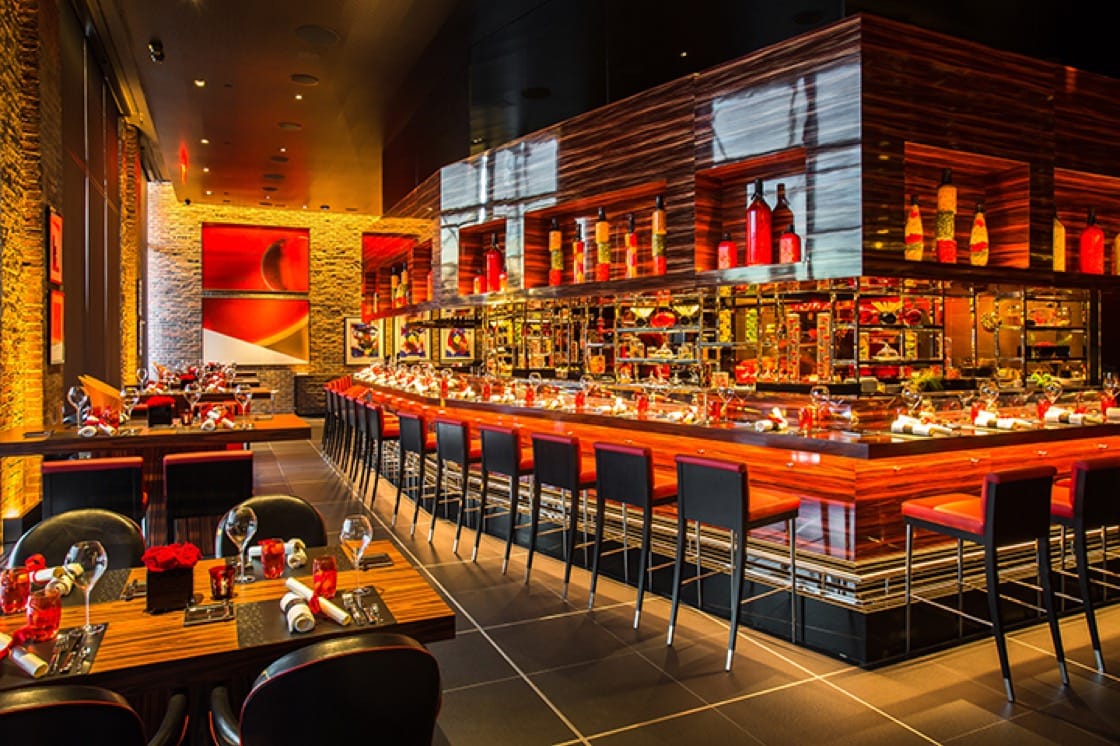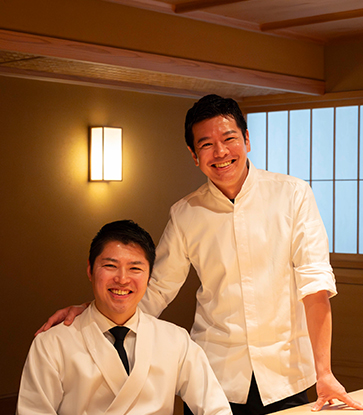Alain Verzeroli has worked under the legendary Jöel Robuchon umbrella for over two decades. Working as executive sous chef at Arpège in Paris, the recently-departed chef, who was closing his Paris darling Jamin to open his now namesake restaurant on Avenue Raymond Poincaré, approached Verzeroli to join his team.

And that was the start—Verzeroli was on board. From there, he went to Hong Kong in 1996, becoming executive chef at restaurant Petrus at Island Shangri-La Hotel for three years before finally moving to Le Château de Joël Robuchon in Japan’s capital city, where he served as culinary director for 18 years.
With the opening of Robuchon’s resurged New York City outpost of L’Atelier at the tail end of 2017, Verzeroli was asked to come stateside to become the Director of Culinary Operations of Invested Hospitality, overseeing the launch of two multi-concept restaurants in Miami and Midtown Manhattan, slated to open next year.
“It’s very exciting and I’m very thrilled to be here,” he says. “As you can imagine after 18 years in Japan, this is a big change for me, but this is a great opportunity for me to do a different challenge.”
Of his late mentor, Verzeroli notes there’s a reason he’s had such a lengthy tenure with the brand. “Mr. Robuchon is a very unique person, and I admire him greatly. He’s a visionary, his way of thinking. This is why I’ve worked for him for such a long time—he’s such an inspiration. I couldn’t work for someone that long if I didn’t admire the person.”
Here, we chat with the chef about his longstanding relationship with the esteemed red guide.
What were your first thoughts when you knew you received three stars at Le Château?
It was great joy. Of course, Monsieur Robuchon got three stars for the first guide launch [in Japan]. I was working for Château for nine years without the guide, and then when we won, we felt great pride. We felt energized. You want to always be better and better, so I think it keeps everyone motivated to do better and to improve. It’s not something that is set for life—you can easily lose them. We know that inspectors come in several times a year, and you never know who or when, [so] we have a positive energy to do things on a daily basis.
How do you celebrate?
We celebrate every year. And you instantly want to share with your team because it’s a team job.

How much influence and inspiration does the MICHELIN Guide have on your career?
I think the influence is pretty huge—especially in Japan. Before Michelin arrived, you had some [smaller] guides made by food critics, but they were only for locals and not for international [visitors]. When Michelin arrived in Japan, I think that because of their worldwide reputation it put everyone on the same level. The guide is really independent and they really didn’t give the rating for French food [here], but for Japanese food. It was quite amazing to see.
Does having three stars change the direction of your restaurant?
[The restaurant] stayed the same—we’re always on a quest for creative and the best. We still wanted to improve.
What advice do you have for young chefs aiming for Michelin stars?
I think you have to be true to yourself. If you want to do a bistro, run a bistro—whatever concept, you have to really feel it. Serve something you believe in. Every dish is a part of yourself, it’s part of your approach and your philosophy of cooking—and what can give pleasure to your guests. Be true to yourself and I think you will be recognized.
Portrait of Alain Verzeroli by Alex Staniloff.
















